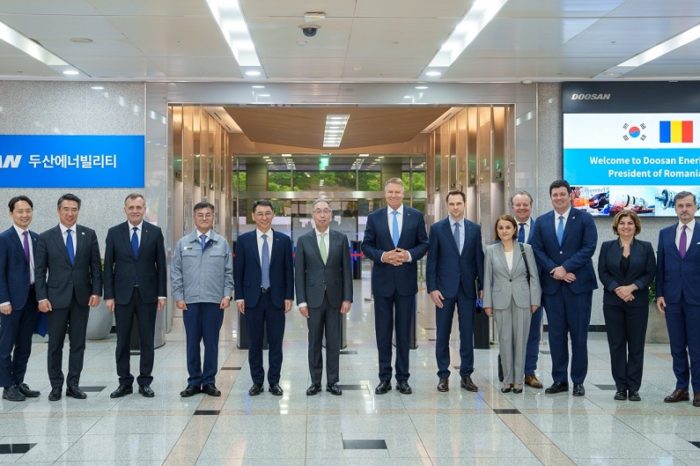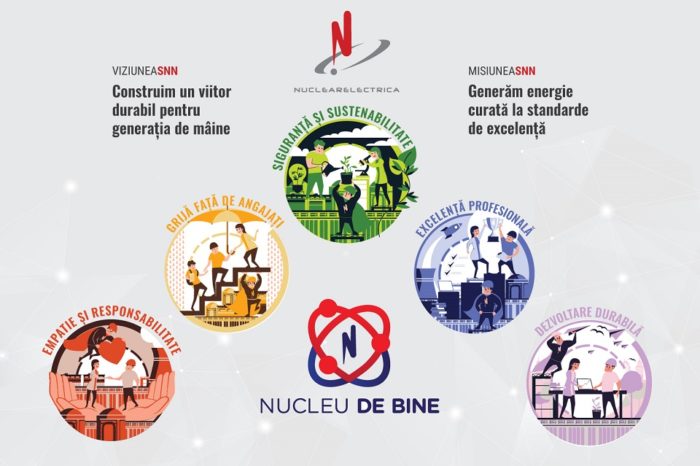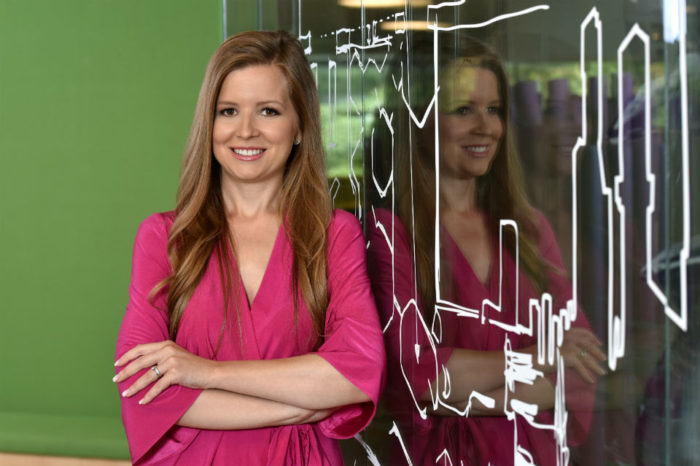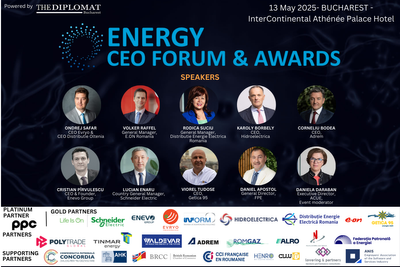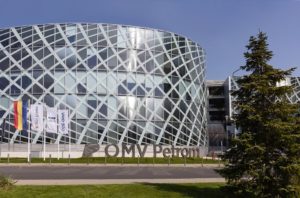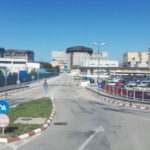Nuclearelectrica and the FALCON Consortium signed the Memorandum of Understanding on the cooperation for the development of the Generation IV reactor, ALFRED
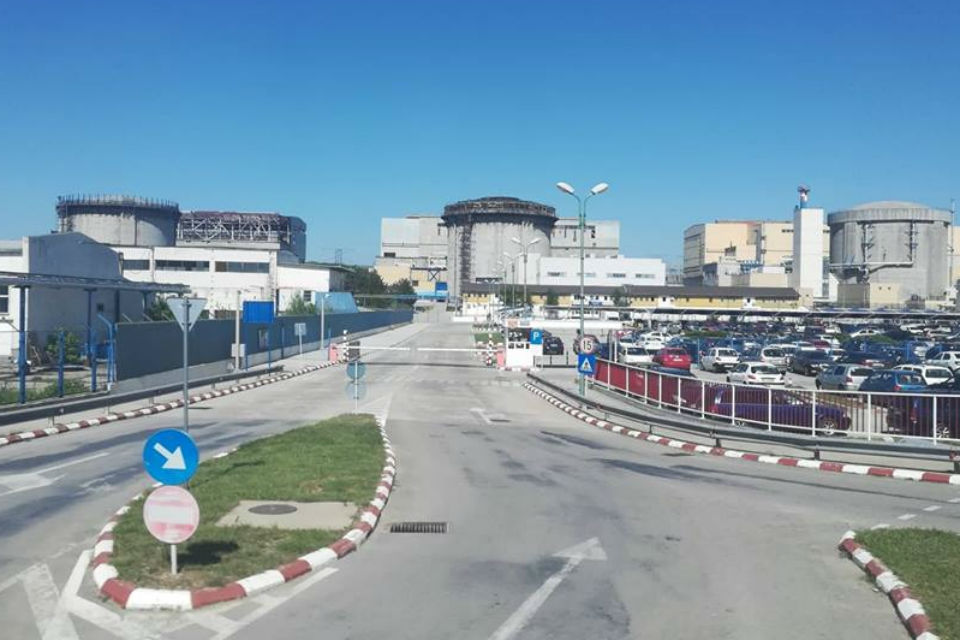
Nuclearelectrica (SNN) and the FALCON Consortium (Ansaldo Nucleare, ENEA and ICN) signed a Memorandum of Understanding (“MoU”) on cooperation for the development of the Generation IV reactor, ALFRED.
The purpose of this MoU is to establish a framework of collaboration between the two parties regarding the pre-project works and the research and development activities to be implemented in order to develop the ALFRED project.
SNN and the FALCON Consortium agreed on: the exchange of information and data on the technology of fast neutron reactors, using molten lead as a cooling agent, the coordination of research activities, the contribution in kind according to expertise and the capabilities of each party, studies and analyzes carried out independently by each party in order to optimize them, as well as to plan the framework needed to prepare demonstrative activities.
Cosmin Ghita, General Manager of SNN, said: “In an international environment where environmental policies and measures are majorly reconfiguring the energy industry, and the solution comes from a well thought out mix of low CO2 sources, the development of nuclear technologies in the sense of the constant improvement of security, economics and flexibility has become a necessity. At the global level, there are few states that develop new nuclear technologies, Romania being one of them, and the ALFRED project is considered internationally a promising next-generation technology. It is a complex project, with many benefits of technology, security, economics that we want to see in commercial operation in as many states as possible after the completion of the project. Cooperation for the development of this project is essential, and this MoU is a proof of the responsibility and involvement of the Romanian nuclear industry, overall, in the development of the nuclear program and in offering an innovative solution at international level. In 2018, globally, nuclear power provided 2563 TWh. If instead of the production of 2563 TWh of nuclear, conventional fuel would have been used, 2701 million tons of CO2 would have been emitted. The role of nuclear energy and technological developments is obvious.”




